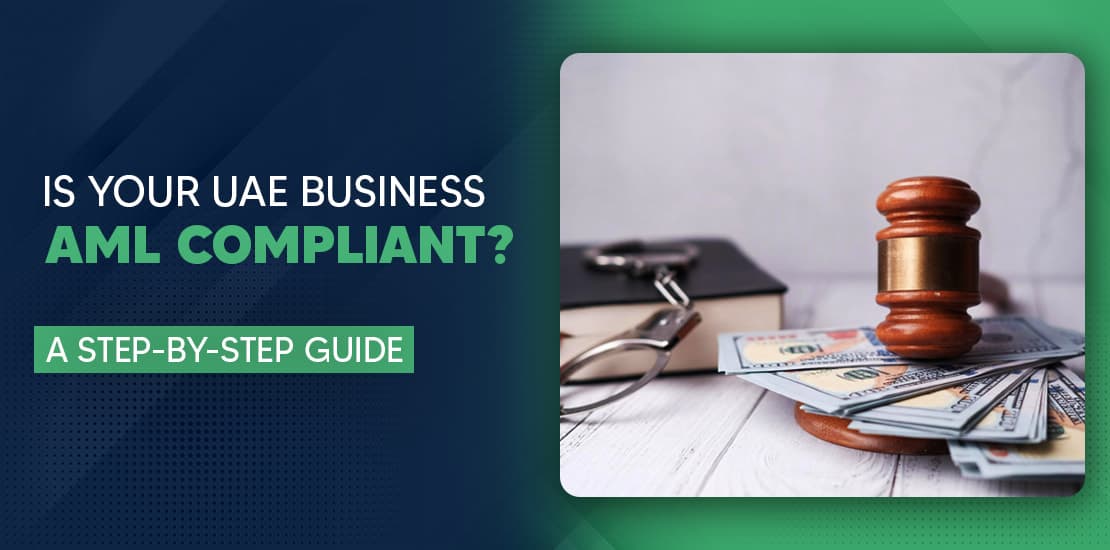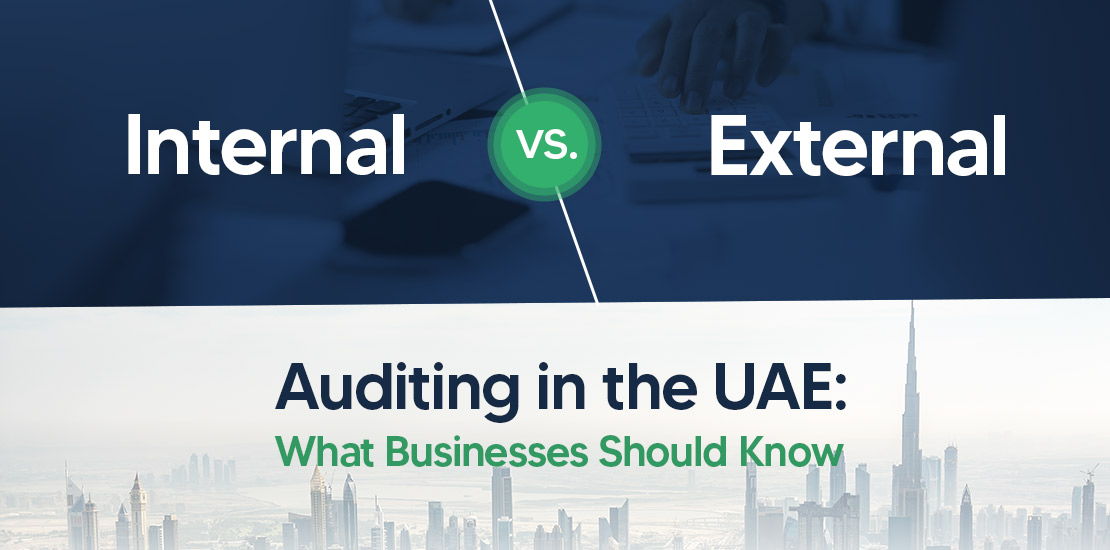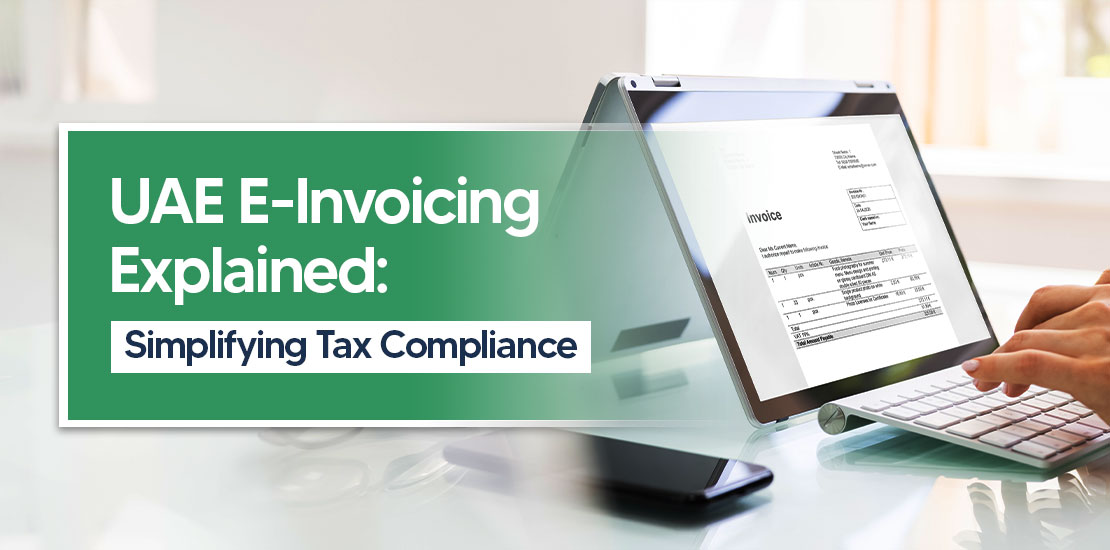Table of Contents
- What is Anti-Money Laundering (AML)?
- Common Money Laundering Techniques
- Types of Suspicious Activities
- The Role of AML Regulations in Combating Financial Crimes
- AML Laws and Regulations in the UAE
- Key Aspects of the UAE’s AML/CFT Regime
- AML Penalties and Consequences of Non-Compliance
- AML Compliance Checklist for Businesses in the UAE
- Partner with Experts for AML Compliance
Money laundering is a serious issue that affects economies around the world, including the United Arab Emirates (UAE). To combat this illegal activity, AML (Anti Money Laundering) compliance is crucial. The UAE has implemented stringent anti-money laundering (AML) regulations, establishing a robust framework to combat money laundering and terrorist financing.
These measures are aligned with international standards set by organizations like the Financial Action Task Force (FATF). Adherence to these regulations is not only a legal requirement but also a fundamental responsibility for businesses operating within the UAE’s borders.
Failure to comply with AML laws can have severe consequences. Non-compliance can lead to hefty fines, legal penalties, and damage to a business’s reputation. In extreme cases, it can even result in the closure of operations. Therefore, Understanding the importance of AML compliance in the UAE and adhering to UAE AML laws is essential for businesses and individuals alike.
What is Anti-Money Laundering (AML)?
Money laundering is the process of disguising the illegal origin of funds through a series of transactions designed to conceal their true source. It involves three primary stages:
- Placement: The initial introduction of dirty money into the financial system.
- Layering: Complex transactions to obscure the money’s trail.
- Integration: Reintroducing the laundered funds into the legitimate economy.
Common Money Laundering Techniques
1. Smurfing
Breaking large sums of money into smaller amounts to avoid reporting requirements.
2. Cash Couriers
Physically transporting large sums of cash across borders.
3. Invoice Fraud
Inflating or falsifying invoices to conceal hidden payments.
4. Real Estate Transactions
Using real estate as a vehicle to launder money.
5. Shell Companies
Establishing fictitious companies to disguise the true ownership of funds.
Types of Suspicious Activities
1. Large cash transactions
Depositing or withdrawing substantial amounts of cash without a reasonable explanation.
2. Unusual activity patterns
Inconsistent or irregular transaction behavior that deviates from a customer’s typical financial profile.
3. Structured transactions
Breaking up large transactions into smaller amounts to avoid reporting requirements.
4. Suspicious third-party activity
Involving unrelated or shell companies in transactions.
5. High-risk jurisdictions
Engaging in business with entities or individuals from countries known for money laundering or terrorist financing.
The Role of AML Regulations in Combating Financial Crimes
AML laws play a crucial role in preventing and detecting money laundering activities. They establish standards for financial institutions and businesses to identify, report, and prevent suspicious transactions. These regulations help to maintain the integrity of the financial system, protect the economy, and combat criminal activities such as terrorism and drug trafficking.
By implementing effective Anti-money laundering measures, the UAE has strengthened its financial system and enhanced its reputation as a global business hub. These regulations contribute to a more secure and transparent environment for businesses and investors operating within the country.
AML Laws and Regulations in the UAE
The United Arab Emirates (UAE) has a strong Anti-Money Laundering (AML) and Counter-Terrorist Financing (CFT) regime in place. The primary legislation governing AML/CFT in the UAE is Federal Decree Law No. (20) of 2018. This law outlines the obligations of financial institutions, designated non-financial businesses and professions (DNFBPs), and other entities to prevent and detect money laundering and terrorist financing.
1. Federal Decree-Law No. 20 of 2018
This comprehensive law sets out the legal framework for AML/CFT (Combating the Financing of Terrorism) in the UAE. It covers a wide range of topics, including customer due diligence, record-keeping, suspicious activity reporting, and penalties for non-compliance.
2. Cabinet Decisions No. (10) of 2019 and No. (74) and (58) of 2020
The UAE government has issued several Cabinet Decisions to strengthen the AML/CFT regime further. These decisions address specific issues such as implementing international sanctions and the obligations of registrars and legal persons.
3. UAE Central Bank’s AML Guidelines
The UAE Central Bank has issued detailed guidelines that provide guidance to financial institutions on how to comply with the AML/CFT laws and regulations. These guidelines cover various aspects of AML compliance, such as risk assessment, customer due diligence, transaction monitoring, and record-keeping.
4. Financial Action Task Force (FATF)
The UAE is a member of the FATF, an intergovernmental body that sets international standards for AML/CFT. The UAE is committed to implementing the FATF’s recommendations to ensure that its financial system is not used for money laundering or terrorist financing.
The UAE’s AML regulations are overseen by the Central Bank of the UAE (CBUAE) and the Financial Intelligence Unit (FIU), ensuring adherence to UAE money laundering laws. The CBUAE is responsible for supervising financial institutions, while the FIU is responsible for receiving and investigating SARs.
The UAE has been actively working to strengthen its AML/CFT regime in recent years. In 2020, the UAE issued a new law that increased the penalties for money laundering and terrorist financing. The UAE has also been working to improve its cooperation with other countries in the fight against money laundering and terrorist financing.
The DFSA is the financial services regulator for the Dubai International Financial Centre (DIFC), a financial free zone in Dubai. It has its own AML/CFT regulations that apply to financial institutions operating in the DIFC.
Key Aspects of the UAE’s AML/CFT Regime
Here are some of the key requirements to the UAE’s AML/CFT regime:
1. Designated Non-Financial Businesses and Professions (DNFBPs)
The law covers a wide range of DNFBPs, including real estate agents, lawyers, auditors, and trust and corporate service providers, requiring them to comply with AML/CFT regulations.
Designated Non-Financial Businesses and Professions (DNFBPs) generally includes:
- Real estate agents and brokers
- Dealers in precious metals and stones
- Trust and corporate service providers
- Auditors and independent accountants
- Lawyers, notaries, and other legal professionals
- Virtual asset service providers (VASPs)
2. Know Your Customer (KYC) and Customer Due Diligence (CDD)
Financial institutions (banks, insurance companies, investment firms, etc.) and DNFBPs are required to implement robust KYC and CDD procedures to identify and verify customers and assess their risk profile.
3. Suspicious Activity Reporting (SAR)
Entities subject to the law are required to report suspicious transactions or activities to the Financial Intelligence Unit (FIU).
4. Record-Keeping
Financial institutions and DNFBPs must maintain adequate records to support their AML/CFT compliance efforts.
5. Sanctions Compliance
The UAE has implemented measures to comply with international sanctions regimes and prohibit transactions with sanctioned individuals and entities.
AML Penalties and Consequences of Non-Compliance
Non-compliance with AML regulations in the UAE can have severe consequences for businesses and individuals. These penalties can range from financial fines to legal action and damage to reputation.
1. Fines
Businesses and individuals can face hefty fines for non-compliance. The amount of the fine can vary depending on the severity of the violation.
2. Asset Forfeiture
The government may seize assets that were acquired through money laundering or terrorist financing.
3. Criminal Charges
Individuals and businesses that engage in money laundering or terrorist financing can face criminal charges which may lead to imprisonment and fines.
4. Damage to Reputation
Non-compliance can damage a business’s reputation and make it difficult to attract customers and investors.
5. Loss of Trust
Customers, partners, and suppliers may lose trust in a business that does not comply with AML regulations.
6. Regulatory Scrutiny
Non-compliance can attract increased scrutiny from regulatory authorities, leading to additional costs and burdens.
7. Loss of Licenses
In extreme cases, a business may lose its license to operate in the UAE if it repeatedly violates AML laws.
AML Compliance Checklist for Businesses in the UAE
Here is a checklist for businesses in the UAE to ensure they are compliant with AML laws and regulations, protect their reputations, and avoid costly penalties.
Risk Assessment
- Conduct a comprehensive risk assessment to identify potential money laundering risks within your business.
- Classify customers and transactions based on risk levels.
- Develop a risk-based approach to your AML program.
Customer Due Diligence (CDD)
- Obtain and verify customer identification documents.
- Conduct enhanced due diligence for high-risk customers, such as politically exposed persons (PEPs).
- Monitor customer activity for suspicious transactions.
Transaction Monitoring
- Implement a robust transaction monitoring system to identify suspicious activity.
- Establish thresholds and rules for triggering alerts.
- Investigate and report suspicious activity to the relevant authorities.
Record-Keeping
- Maintain accurate and up-to-date records of customer information, transactions, and identification documents.
- Retain records for the required statutory period.
Staff Training and Awareness
- Provide regular training to staff on AML laws, regulations, and procedures.
- Ensure staff understand their roles and responsibilities in AML compliance.
- Conduct awareness campaigns to promote a culture of compliance.
AML Program Development and Implementation
- Develop a written AML policy and procedures.
- Appoint a responsible officer to oversee AML compliance.
- Implement a system for reporting and investigating suspicious activity.
- Conduct regular reviews and updates to your AML program.
Ongoing Monitoring and Review
- Continuously monitor customer activity and identify emerging risks.
- Review and update your AML program as needed.
- Conduct internal audits to assess compliance.
External Audits and Regulatory Reporting
- Undergo regular external audits to verify compliance.
- Submit required reports to the relevant regulatory authorities.
- Cooperate with regulatory investigations as needed.
Partner with Experts for AML Compliance
Effective AML compliance is not a one-time event but an ongoing process that requires constant attention and adaptation. Businesses in the UAE must stay informed about the latest regulatory developments, continuously assess their risk exposure, and implement measures to prevent money laundering and terrorist financing.
Also, seeking expert advice can help businesses understand the complexities of AML compliance and ensure they are meeting all their obligations. Shuraa Tax is a leading provider of taxation and legal services in the UAE. Our team of experienced professionals can help businesses of all sizes understand and comply with AML regulations. Whether you need assistance with risk assessments, customer due diligence, or transaction monitoring, we can provide the expertise and support you need to stay compliant.
Don’t let AML compliance be a burden. Contact Shuraa Business Setup today at +971508912062 or info@shuraatax.com.













